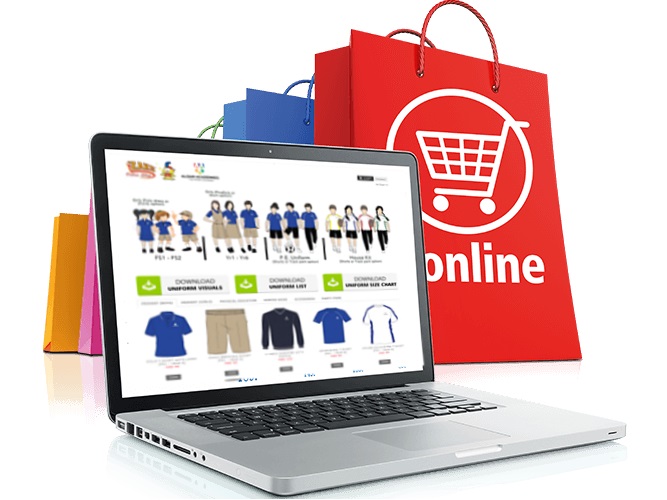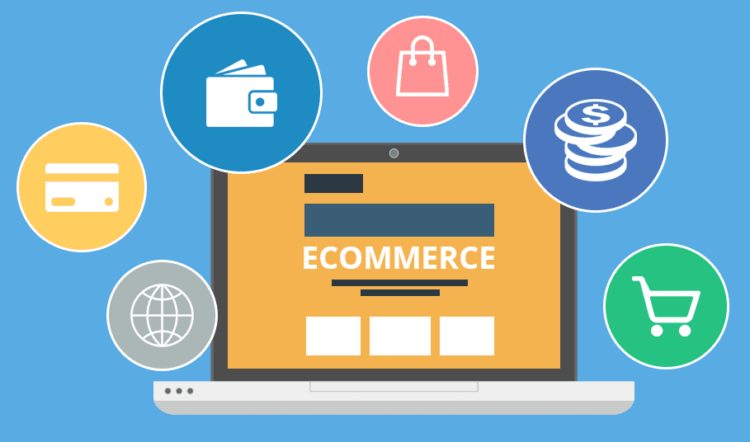Starting an online business can be an exciting venture for any entrepreneur. You, however, need to go into it with the right knowledge so that you ensure its success.
While the online platform has so many opportunities to turn a handsome profit, it comes with some challenges.
For example, ensure that your online platform has an SSL certificate to guard your customer data. It would be best if you also thought about your marketing strategies, among others.
Here are the factors you need to consider before you start your online store.
1. Ensure You Have A Business Plan

Like any other kind of business, you need a good business plan before embarking on setting up your online store. It must highlight your goals and how you hope to achieve them.
Also, take into consideration the financial implications, your marketing strategies, both online and offline, among others.
Consider the strengths, weaknesses, opportunities, and threats, and how they will impact on your business.
2. Know Your Target Market
According to Web Design Sun, it is not possible to have a successful business if you do not have a good understanding of your target market. It requires that you develop a client persona that takes into consideration their purchasing habits.
Look at factors such as where they live, how much they earn, and where to shop, what kind of products they interact with, among others.
It will require that you do extensive market research so that you base all your decisions on facts.
3. Have the Right Products

The best way to stand above the competition is to look for a niche product. It saves you from having to compete with so many other people who may be selling a product.
4. Look for items that respond to a specific client need.
Ensure that your products are of high quality and that your supplier can always deliver as per your expectations.
5. Set Up Your Ecommerce Platform

Setting up your e-commerce platform will require that you have a website. You will need a domain name and a web host provider who can give you enough bandwidth to run your website.
With so much variety on the online platform, no one has the time to spend on a site that has slow-loading, unresponsive pages.
6. Ensure Security on Your Website with An SSL Certificate
When you are operating on the online platform, you will collect a lot of customer data that you must keep safe. Therefore, you must get an SSL certificate to secure your website from the cheapest SSL provider.
There are various types of SSL certs available with different features. You can select them as per your needs.
One such certification is the SAN SSL certificate if you have multiple domains, which is one of the best you will find in the market.
So, what is the difference between a regular and SAN SSL certificate? A regular one will give you encryption for only one domain. SAN SSL certificate, on the other hand, is especially crucial if you will be managing multiple sites. You get to save a lot of money because you do not have to purchase separate certificates for different domains. It also makes management more uncomplicated for you.
7. Think About Your Marketing Strategy

The online space has a lot of potentials, but it also has a lot of competition. You must, therefore, have the right marketing strategy so that people get to know about your products or services. The right marketing strategy is critical if you want to succeed.
Fortunately, there are many opportunities to advertise your business online. Some are free, while others require payment. Take advantage of platforms such as Google My Business, local business listings, SEO rich blogs, and emails, among others.
The Social Media platform is also a critical component when marketing your business. You get access to a broad audience base, and it is easy to use. Setting up an account on the social media platforms is as simple as signing onto the platforms. You must, however, ensure that you have a good understanding of the channels so that you maximize their potential.
8. Optimize for Mobile
You must ensure that you have optimized your e-commerce platform for mobile. Research indicates that more than 50% of online shoppers will do so from their mobile devices.
Make sure that the person shopping from the mobile device has the same experiences they would if they were buying from a desktop appliance.
Optimizing for mobile will also improve your rankings on the search engines. Platforms such as Google take this very seriously and will even penalize your website if it does not respond well on mobile devices.
9. Ensure You Have an Efficient Check Out Process

Many people will abandon their carts if the Checkout process is too complicated. It is one of the main reasons why you will lose business on your e-commerce platform.
Make the checkout process as simple as possible and ensure that you offer different payment options to your customers.
10. Manage Your Customers Well
According to Starthub Post, Setting up an e-commerce platform and having the right process are just some of the necessary steps you need to have in place when running an online store. You must, however, put measures in place to respond to any customer issues immediately they arise.
One word from a disgruntled customer can bring down your business. You also have the disadvantage of dealing with how fast news spreads in the digital space.
Do not ignore any comments or queries and ensure that you are always professional. Starting a battle with a client who is not happy with your services is one you will never win.
Final Thoughts
Setting up your online store is a good move for any entrepreneur.
You get access to various customers and marketing opportunities for your business.
Use our article above as a guideline to what you need to consider when setting up and running your online store.
 Hi Boox Popular Magazine 2024
Hi Boox Popular Magazine 2024



